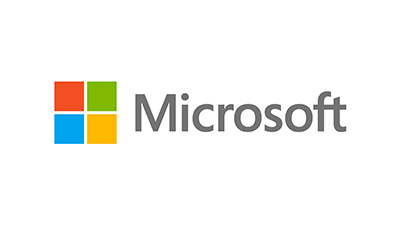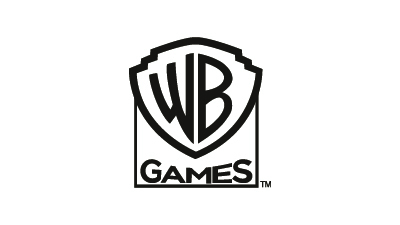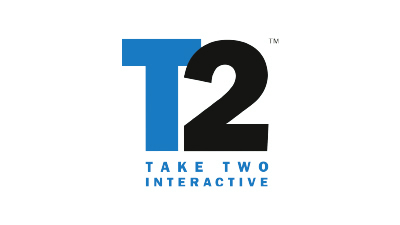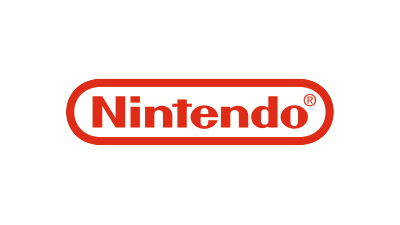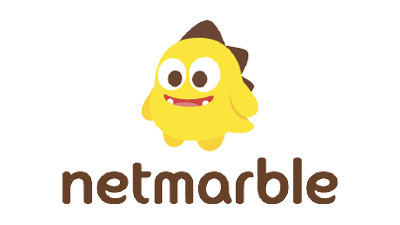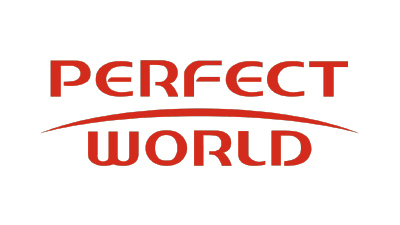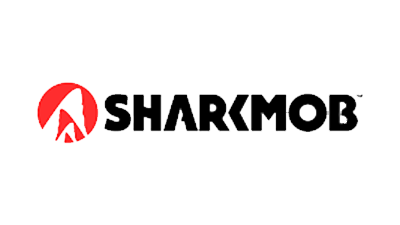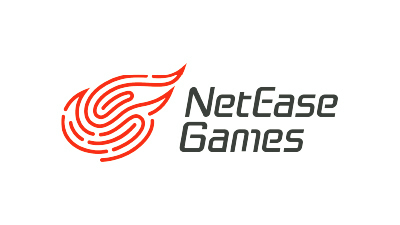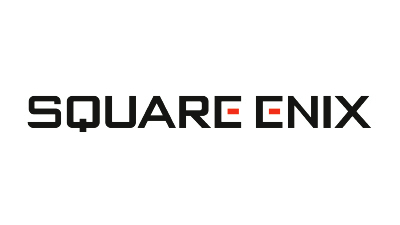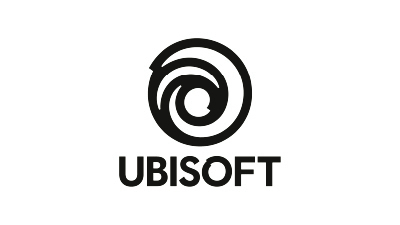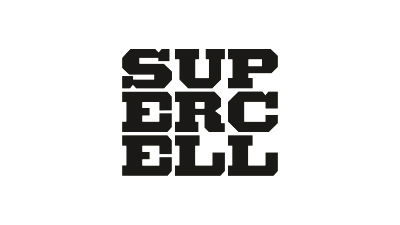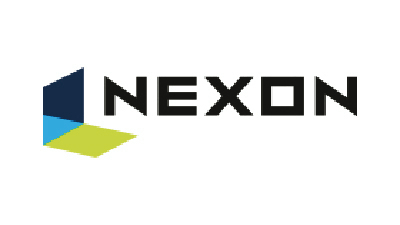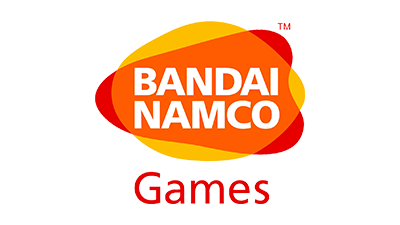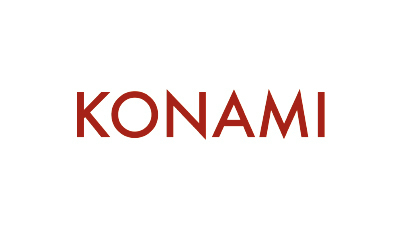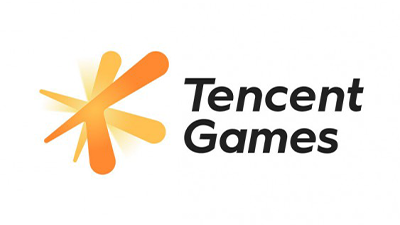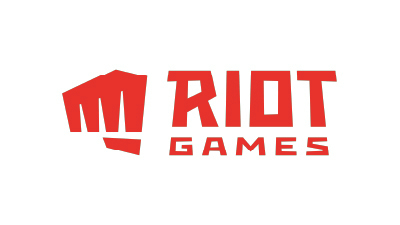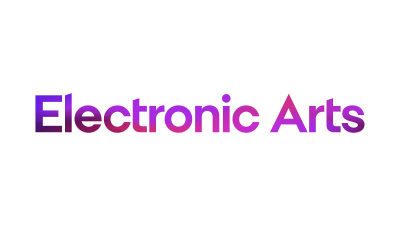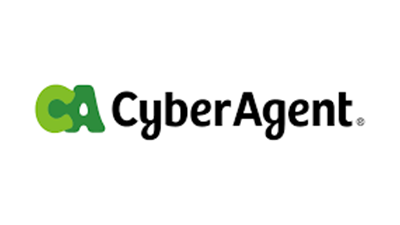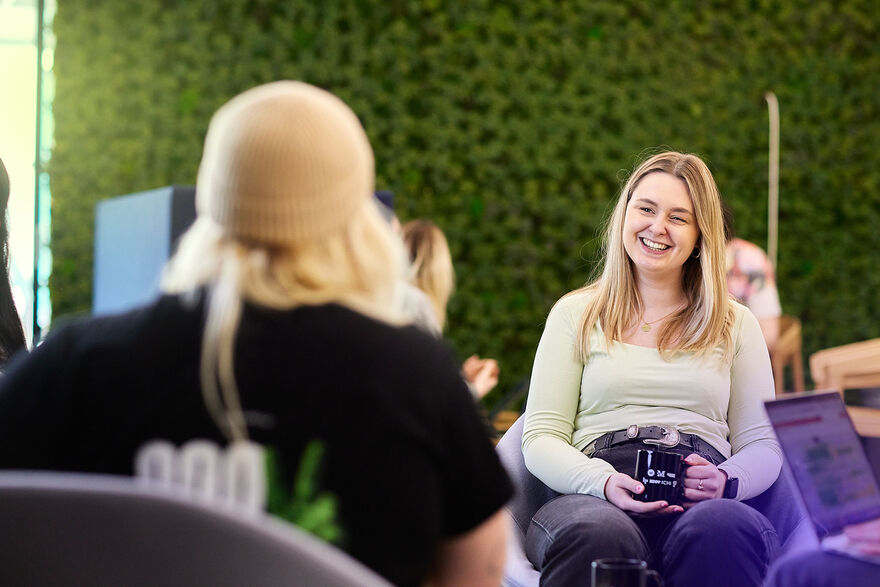Serkan Hassan Discusses R&D Initiative, Project AVA
We recently sat down with Serkan Hassan, Studio Head at Electric Square, to discuss the origins of Project AVA, some of the key benefits of R&D and more.
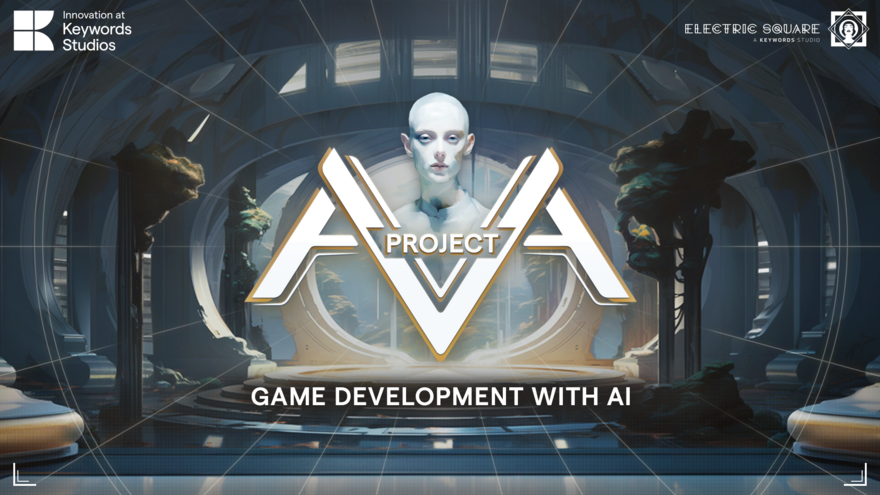
Can you share the story behind Project AVA as an R&D initiative? What was your role in the project?
Let me start by giving some background. My journey in video game development spans over two and a half decades, initially in the realm of game design. I stepped into the Keywords family as the head of Electric Square’s Malta studio a few years back.
Shortly after my arrival, I was drawn into the intriguing world of generative AI tools. Colleagues from various studios had been exploring this field with diverse outcomes. However, we had not yet harnessed all this research into one comprehensive project. This was the proposition presented to our team, and it was an offer we could not refuse. The idea was straightforward: assemble a fully equipped development team tasked with designing and developing a video game that maximised its utilisation of AI tools.
This would be a dedicated R&D endeavour backed by Keywords Studios in its entirety. It presented a chance to rally our top talent from around the world into one development team. Most importantly, it offered a platform to discern the practical realities of using AI tools within an authentic game development cycle. This first-hand experience would lead to valuable insights, which we hope will benefit our business and our clients alike.
How did the collaborative efforts of your team contribute to the success of Project AVA? Can you share specific examples of how different departments worked together to achieve the project's objectives?
Project AVA was initiated by our team at Electric Square Malta. As a new studio, we had the resources for only a fraction of the roles necessary to bring the project to fruition. Right from the outset, we understood that cross-studio collaboration would be a crucial component of this venture.
Our primary challenges revolved around comprehending the generative AI landscape and utilising this knowledge to shape the type of game we decided to develop.
From the get-go, each department had to grapple with the challenge of evaluating the potential of AI tools in relation to their individual needs and workflows.
While the AI tools were primarily geared towards specific departments, our collaborative efforts led us to discover tools that could benefit multiple departments. This made these tools strong contenders for inclusion in our development process.
What were the key milestones or breakthroughs achieved during the project? And how did they impact the overall process?
The landscape of generative AI is perpetually evolving, with frequent iterations of tools and new ones emerging on a daily or weekly basis. Reflecting on the journey, what stands out for me is how our understanding of tool capabilities had to be constantly revised as new updates and new tools surfaced.
For instance, in the realm of 2D art, we initially envisaged visual consistency to be a hurdle. However, we overcame this, often by referencing styles or artists whose works are in the public domain.
Once we achieved consistency, we faced the onerous task of art iteration with generative AI. Fine-tuning an almost perfect image was challenging. We initially thought that the final refining would have to be a fully manual process. However, advancements in the generative AI tools allowed for more precise iterations. Artists could now specify elements in a 2D image and command generative AI to iterate on them until satisfaction was achieved.
Separately, our game design heavily relied on narrative content, including game scenarios, characters, and spoken dialogue. Our initial attempts with generative AI text were disappointing, producing lacklustre and shallow content. However, as the generative AI technology progressed, we managed to enhance the tools by supplying them with a larger volume of original content from our narrative design team. This gave the tools a clearer direction and ensured improved consistency in the output, making it seem more like it originated from a single source.
The game's numerous scenarios were penned by our narrative design team and then brought to life by our 2D art team, with both teams leveraging generative AI tools. As the narrative designers started getting better results from their tools, the content produced could guide the generative AI art tools, resulting in some striking images that truly encapsulated the game's mood.
Collaboration often sparks creativity and innovation. How did the diverse skill sets and perspectives within your team influence the direction of the project and lead to unique solutions or learnings?
I must commend the team for their open-minded approach throughout the project. For artists and writers, the news headlines often paint a challenging future due to the surge in AI tools becoming available. However, as our team gained more first-hand experience with AI tools, we began to see that the reality was far from the simplistic, headline-grabbing narrative.
The diverse skills, unique perspectives, and emotional intelligence that the team brought to the project have proven to be pivotal. These were facets that no AI tools we employed could replicate.
AI could certainly write dialogue and render portraits, but deciding which dialogue best encapsulates the character or which portrait is most appropriate, and why, required human input.
These insights led to adaptations in our use of the tools. Our seasoned staff members led the charge in establishing best practices for AI tool usage. Once these were defined, the baton was then handed over to our junior staff, who could follow their lead.

In what ways does R&D foster a culture of continuous learning and knowledge sharing within your studio? How did you encourage team members to exchange ideas and stay updated on the latest advancements?
Generative AI, our chosen focus, perfectly exemplified the culture of continuous learning and knowledge sharing in our studio. When we embarked on the project, the AI field was in its 'gold rush' phase, teeming with start-ups and opportunists.
Our team entered this project with an authentic desire to learn. The plethora of tools and their capabilities ignited a genuine excitement about what we could achieve.
Moreover, our objective to build a finalised product necessitated that we maintain agility. Tools that failed to resonate with the team were swiftly replaced with others.
The dynamic nature of the research kept the project invigorating. Each instance where a tool failed to meet its hype, which was frequent, opened the opportunity to explore new tools, a prospect always eagerly welcomed by our team.
What were some key challenges faced during the project, and how did your team overcome them?
Among the most significant challenges we encountered were legal, ethical, and commercial concerns related to the use of generative AI. Our development team frequently consulted with the legal team at Keywords Studios to navigate this complex legal terrain.
Initially, our goal was to create a game that we could publish and commercially release via digital distribution. This would allow us to share our research findings alongside a playable product for the public. However, the legal ambiguities surrounding the usage of AI tools, mainly in relation to copyright ownership and the lack if guarantees provided by the AI tools, turned out to be an insurmountable obstacle in the context of releasing the game commercially.
So knowing that we could not release the game through commercial channels, we had to recalibrate and figure out a way to still share the game and our discoveries with the public. The team has now proposed a shift to a web-based version of the game. The idea is to host it on the Keywords Studios website solely as a research project, with no commercial intentions.
The game is fully playable at present, and we plan to complete a web-based version soon.
Innovation is a key driver of success in the games industry. How does Keywords Studios and Electric Square specifically foster a culture of innovation, and how did this culture contribute to the success of Project AVA?
Keywords was quick to realise the significance of AI tools and technology within both our organisation and the industry at large. It quickly became evident that a research project would be beneficial. Proposing this to the key decision-makers within the group was a straightforward process. We all recognised the potential opportunities and advantages. Both Keywords Studios and Electric Square placed their trust in the team, empowering us to focus on completing the project without distractions.
Whenever we encountered obstacles, Keywords Studios aided us in overcoming them. When AI tools fell short and we needed to pivot towards a larger team, Keywords Studios facilitated it.
Despite some legal challenges, which were outside our control, we found the organisation to be trusting, receptive, and highly supportive in all aspects. This culture of trust and support was a significant contributor to the success of Project AVA.
Looking ahead, how do you plan to build upon the success of Project AVA? Are there any lessons learned or best practices identified during the project that you intend to apply to future projects?
Research projects are immensely beneficial, irrespective of the successes or setbacks encountered. The collective experiences gleaned are invaluable and serve as a foundation for greater triumphs in the future. It is evident that generative AI tools will continue to evolve and broaden their capabilities in various fields, including audio, UI/UX, 3D, and beyond.
To stay abreast of these developments and position ourselves to leverage them effectively, we must persist in our research, which is precisely our intention. We are fortunate that Keywords Studios aligns with us and has pledged to continue supporting our endeavours.
The Power of Partnership: Our Clients

